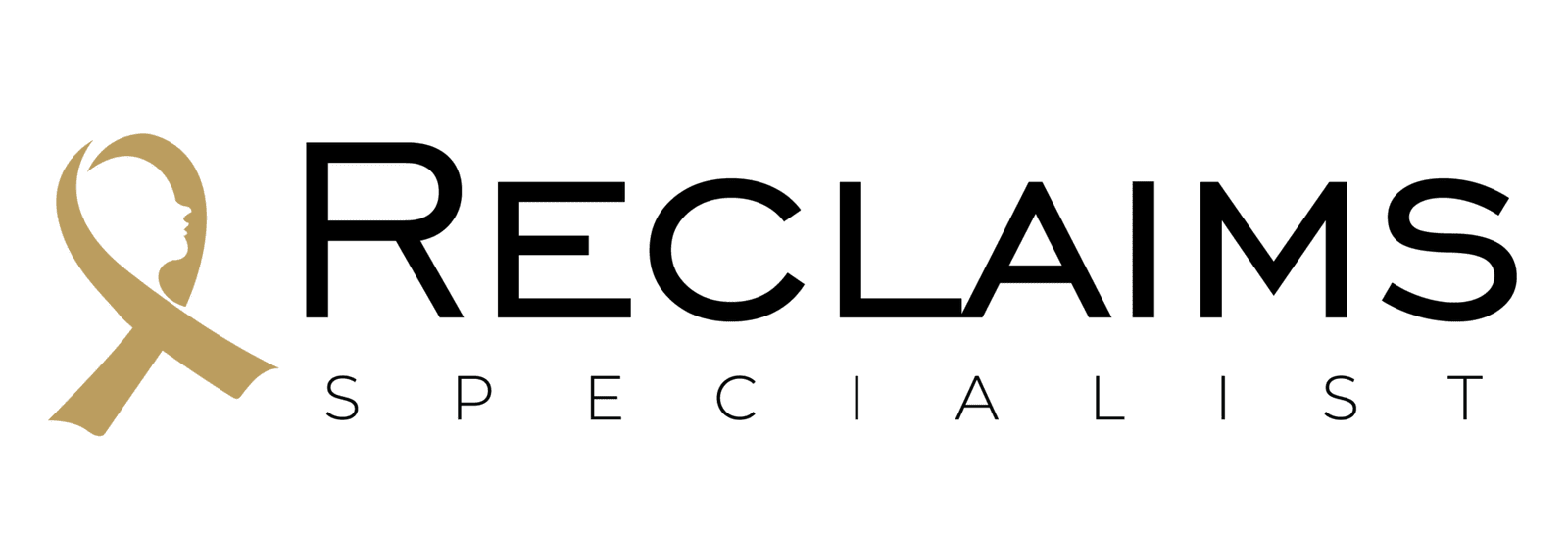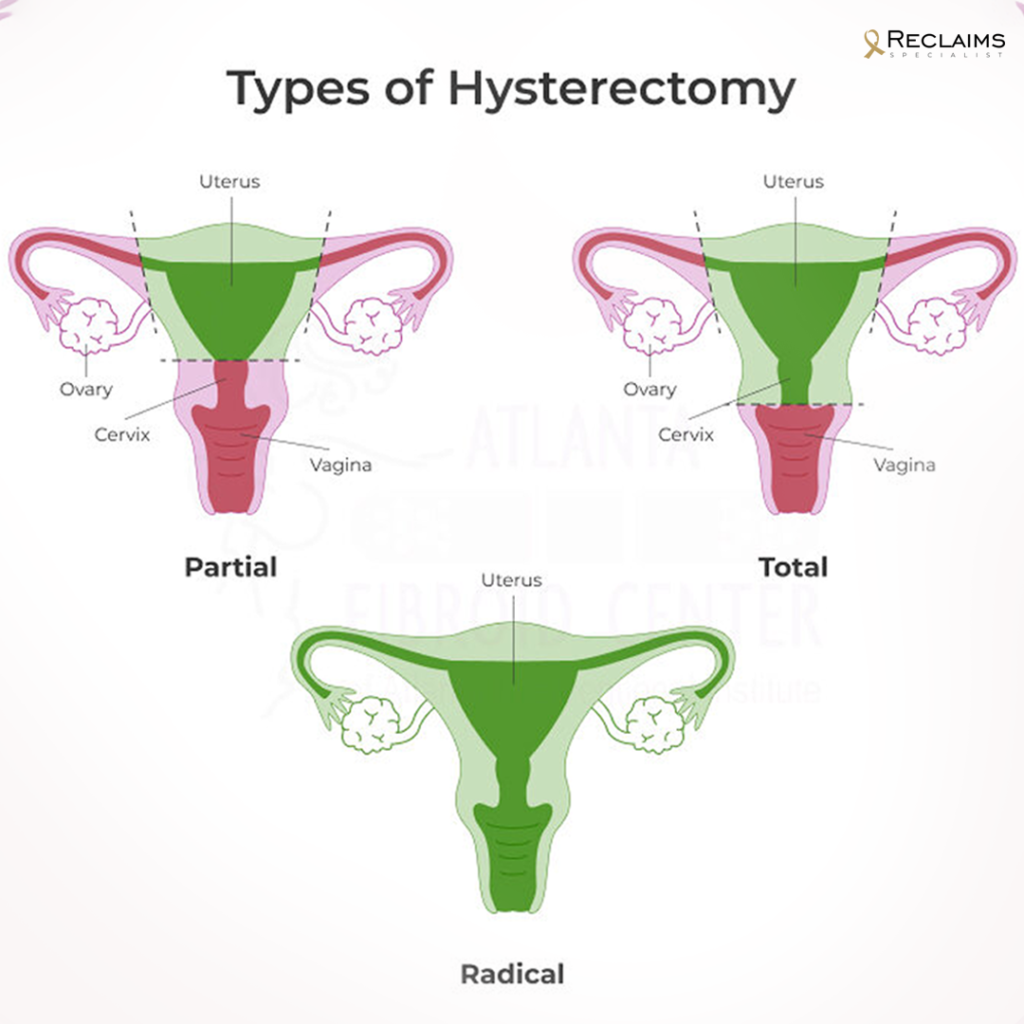
The Greatest Law Firm You Can Trust
Blog By Symonds
Partial Hysterectomy Surgery by Reclaim Specialist
Partial hysterectomy surgery is a life-changing procedure that many women may face due to various medical conditions. This surgery, while common, brings with it numerous questions and concerns. In this guide, we’ll cover everything you need to know about partial hysterectomy, the role of a reclaim specialist in recovery, and the potential risks. Understanding the surgery, its implications, and how to approach it with confidence can make all the difference for patients.
What is Partial Hysterectomy Surgery?
A partial hysterectomy is a surgical procedure where the uterus is partially removed, leaving the cervix intact. This type of surgery is often recommended for women suffering from severe uterine fibroids, heavy menstrual bleeding, or early-stage uterine cancer. It is generally less invasive compared to a total hysterectomy, allowing for a quicker recovery time.
One key benefit of this surgery is that it helps patients maintain a portion of their reproductive system, which can impact hormone balance and sexual health. However, it’s essential to approach this surgery with a thorough understanding of what to expect.
Why Consider a Reclaim Specialist After Partial Hysterectomy?
After undergoing partial hysterectomy surgery, the journey to full recovery can be complex. This is where a reclaim specialist plays a crucial role. Reclaim specialists are healthcare professionals who focus on helping patients regain their physical and emotional health post-surgery.
Their role includes guiding patients through pelvic floor rehabilitation, ensuring proper healing, and offering emotional support. Working closely with a reclaim specialist helps in reducing complications and promotes a holistic recovery.
The Importance of Pre-Surgical Preparation
Preparing for partial hysterectomy surgery involves more than just understanding the procedure. Mental and physical preparation can greatly influence your recovery experience. A reclaim specialist often provides pre-surgical consultations, helping patients with:
- Understanding the procedure in detail
- Setting realistic recovery expectations
- Pre-surgery physical exercises to strengthen the pelvic area
- Advice on post-surgery mobility and care
- By preparing thoroughly, patients can approach the surgery with greater confidence and reduced anxiety, knowing they have a solid plan in place for post-operative recovery.
Understanding the Risks and Benefits of Partial Hysterectomy
Like any surgery, partial hysterectomy comes with both risks and benefits. The main advantage of this procedure is relief from pain and heavy bleeding. Additionally, for women with uterine fibroids or early-stage cancer, it can be life-saving.
On the flip side, there are potential risks. These include infection, excessive bleeding, and injury to surrounding organs. While rare, complications can arise. Working with a reclaim specialist minimizes these risks by ensuring that patients follow a well-structured recovery plan.
For those considering partial hysterectomy surgery, understanding both sides of the coin is crucial for making an informed decision.
Recovery After Partial Hysterectomy Surgery
Recovery time after a partial hysterectomy is typically faster than that of a total hysterectomy. Most patients can expect to return to normal activities within six to eight weeks. However, this timeframe can vary depending on individual circumstances.
Working with a reclaim specialist during recovery ensures that:
- Pelvic floor exercises are done correctly
- Proper rest and nutrition are maintained
- Emotional health is addressed, reducing the risk of post-surgical depression
- Patients have guidance on avoiding activities that could delay healing
Recovery doesn’t stop when the physical pain fades; reclaim specialists ensure that emotional and mental recovery is also prioritized.
The Role of Mass Tort Litigation in Medical Complications
In some cases, medical complications from surgeries like partial hysterectomy may lead to mass tort litigation. Mass tort lawsuits allow individuals to band together when they’ve suffered harm due to medical negligence, faulty surgical products, or improper procedures.
For instance, if a surgical device used during a hysterectomy caused harm, this could result in a mass tort lawsuit against the manufacturer. Lawyers specializing in mass torts litigation help affected patients seek compensation. The reclaim specialist can often provide medical documentation supporting such claims.
Necrotizing Enterocolitis and Mass Tort Litigation
While partial hysterectomy surgery is generally safe, other unrelated surgeries may carry higher risks. For example, surgeries in infants can sometimes lead to necrotizing enterocolitis (NEC), a serious intestinal condition. Many parents affected by NEC have pursued necrotizing enterocolitis lawsuits to hold responsible parties accountable, especially when necrotizing enterocolitis risk factors were not disclosed or properly managed.
If necrotizing enterocolitis antibiotics were administered incorrectly during neonatal care, this could be a potential legal claim. Working with a mass tort law firm helps affected families fight for justice.
Common Symptoms of Bladder Cancer After Surgery
Bladder cancer is another concern that some patients may face post-surgery, although it is not directly related to partial hysterectomy. Recognizing the symptoms of bladder cancer early is essential for prompt treatment. Symptoms include:
- Blood in the urine
- Frequent urination
- Pain during urination
- Back or pelvic pain
Anyone experiencing these symptoms should consult their healthcare provider immediately. If negligence in diagnosis or treatment is suspected, patients may explore bladder cancer compensation options.
Roundup and Zantac: Their Connection to Cancer Lawsuits
On a broader scope, there are ongoing mass tort lawsuits related to harmful products like Roundup and Zantac, both of which have been linked to cancer. Those who have developed bladder cancer or other cancers after using these products are seeking compensation through the courts. If you or a loved one have been affected, it’s important to consult with a mass torts lawyer who specializes in these cases.
Conclusion:
Partial hysterectomy surgery is a significant procedure, but with the right information and support, patients can navigate this experience with confidence. The role of a reclaim specialist is invaluable, ensuring that patients recover not only physically but also emotionally. Additionally, understanding legal resources such as mass tort litigation can provide a pathway to justice for those who experience medical complications.
Knowledge is power. Whether you’re preparing for surgery, seeking legal compensation, or simply wanting to understand your options, it’s crucial to remain informed every step of the way.
Follow Me

Contact Info
- 23 Street, New York City, United States Of America
- (+1) 1302-947-5530
- contact@reclaimsspecialist.com
- 24 x 7
© 2021 | All Rights Reserved | The information provided on this site is not intended to be legal advice. For advice specific to your situation, please consult an attorney. We welcome your calls, letters, and emails, but contacting us does not establish an attorney-client relationship. Please refrain from sending confidential information until an attorney-client relationship has been formally established. We are admitted to practice in New Jersey, New York, Hawaii, California, Ohio, Minnesota, and Washington D.C., as well as before federal agencies and tribunals.
